And so 2013 comes to an end. This has been a big year for me in blogging, what with it being my first year in blogging, and so a lot of these shows hold a possibly unreasonable place in my heart. Nah, I don’t think that’s actually true. I think we’ve just had a great year, and that blogging really has done what I always wanted it to – force me to apply a more critical eye to my media, which, contrary to popular belief, has actually made me appreciate my favorites even more.
And there sure were plenty of favorites! As I said, this has been an excellent year in anime, with tons of genres, styles, and themes represented by stylish, confident productions. If this is your first time checking the blog, let me introduce myself by saying I’m a horribly biased shithead who wouldn’t know a good action show or comedy if it comically murdered me. I like people, and I like ideas, and my list reflects that (if you’re looking for Attack on Titan or Maou-sama, you can find my reviews of those here and here). I like to think I’m pretty good at telling good writing or direction from bad, but everyone has different things that appeal to them, and so you can consider the numbering here a mushy compromise between favorite and best, though the list overall encompasses both. I’m not gonna give you synopses here – if you’re interested, each title links to that show’s description, but that’s not what you’re not paying me for. These comments will cover why I loved these shows. I was aiming for a top ten, but when compiling the list, the shows that immediately bubbled to mind ended up numbering twelve, and instead of arbitrarily cutting two off I’ve decided to honor them all. Also, I’m only counting shows that ended in 2013 here, so no Kill la Kill or other half-finished two-parters. So here it is: my top twelve anime series of 2013!
All that talk about preferring character or theme-based stories, and I start off with a hilarious action show. But Jojo is really just that good – absurd, energetic, with wonderful visual design and a magical ability to always top itself. It’s kind of like Raiders of the Lost Arc, in a way – popcorn entertainment’s apex predator. The dialogue is hilarious (and hilariously self-serious), the show’s use of color and sound design is fantastic, and breakneck pacing and narrative creativity (some might call it insanity) keep things from ever getting old. Remember how awesome you thought Dragon Ball Z was, back in the day? Well, Jojo is your nostalgia polished up and brought back to life.
#11: Maoyuu Maou Yuusha
Probably the most controversial choice on my list, but it’s not really a question for me. Yeah, this show had weaknesses – the pacing was inconsistent, the romance and humor were both hit or miss and kind of weird tonally, and, well, stupid fanservice is stupid. But the show’s so damn ambitious! The idea of using a cliche fantasy setup to instead explore the course of history, human nature, and the pursuit of a just society… goddamn! And that conceit doesn’t stand alone – in all the aesthetic qualities relevant to that goal, I think it succeeds admirably, featuring solid characterization, regularly understated dialogue, and a keen understanding of the rules of drama. Succeeding both as a general commentary on human nature and a specific story relevant to a specific world is no small task, and this show actually makes that challenge a strength, with its personal threads regarding education and self-worth culminating in one of the most powerful speeches I’ve ever seen. Overall, I’d say this show’s weaknesses are just inconsequential in light of its strengths – I’ll take any number of flawed works if they’re laced with this much passionate ambition.
My review of Maoyuu Maou Yuusha.
#10: Psycho-Pass
It works as a well-realized Bladerunner-esque detective thriller in a thoughtcrime-happy dystopian future, and it works as one more of Urobuchi‘s passionate attacks on the inherent inhumanity of utilitarian systems, as well as the definition of human beings as agents of change within their environment (along with some other interesting smaller ideas, like the questions it raises about career choice, and its cynical thoughts on internet culture and the artistic instinct). This isn’t even really my kind of show (the detective stuff doesn’t do all that much for me), but I loved the writing, I loved the style, the procedural episodes were sharply done, and the show overall features a much more vibrant cast than pretty much anything else Urobuchi has done. Fun, smart, and very stylish, it’s another pillar of Urobuchi’s ridiculously fast-growing canon.
My essay on the philosophy of Urobuchi.
#9: Shinsekai Yori
Though Shinsekai Yori is indeed a great show, this position comes with a couple caveats. Personally, I’d say I enjoyed this show the least out of anything on this list – in fact, it was sometimes a struggle to get through. The pacing is a serious problem, and the central characters a worse one – I never felt emotionally attached to the protagonists, and it took until the last act for the story to become truly gripping episode to episode. That said, what this show does well, it does so damn well. It’s a creative, ambitious sci-fi epic in one of the most evocative and smartly portrayed “dystopian” futures I’ve ever seen. Setting is paramount in this show – the world of Shinsekai Yori truly breathes, and works perfectly to underscore the show’s thoughtful, ambiguous themes regarding society and human nature. The show is full of rich imagery, the story is expansive in scope, and the ultimate antagonist is one of the best characters I’ve seen in any medium. I don’t even know if I enjoyed my time with Shinsekai Yori, but I was certainly impressed, and lessons and moments from this show have stuck with me even now, only growing sharper in retrospect. This show is a rare, precious thing.
#8: Gargantia
Clocking in as the second Urobuchi piece on my list (and if I included movies, it would be the third), Gargantia is both extremely dense idea-wise and disarmingly light in execution. It inspired plenty of mixed reviews (or, well, largely negative ones), but personally, I was a fan of almost everything it did. I really liked the visual style and world it created, for one – Gargantia is just an enjoyable place to spend time. I was also a big fan of how it used shifts in genre and pacing to actually simulate the jarring shifts in Ledo’s lifestyle – many people complained about the shift into and then out of slice of life, but I felt that was a very effective way to demonstrate the world Ledo has stepped into, as well as how it changes him. And finally, I think Gargantia is possibly the most thematically dense of all Urobuchi stories – its story deftly reflects on issues of societal order, war, adulthood, and human nature, coherently working as a statement on the human cost of utilitarianism, a reflection on how the individual relates to their society, or even a positive message about the trials of entering the working world. It’s a pretty, smart, engaging little adventure, and perhaps the most overtly optimistic of all of Urobuchi’s works.
#7: White Album 2
We just don’t get good romance in anime. We get romantic comedy, for whatever that’s worth – many episodes of gags scattered with random moments of emotion, designed to keep you entertained long enough to trick you into caring. But dedicated romantic dramas? They’re a rarity. And truly great ones, ones that actually make you hurt with their acuity, their tension, their conjuring of a powerful, poignant tone?
White Album 2 is really good, and it’s pretty much all based in the fundamentals – character and dialogue. Its protagonists are layered, flawed, and human, filled with weaknesses and insecurities. Its dialogue reflects those layers, with each conversation being both lined with subtext and reflective of an actual understanding of chemistry and banter. And its conflicts emerge directly out of those characters – trapped by their hangups, inexperience, and small acts of selfishness, these people seem destined to love and to hurt each other. It’s almost hard to recommend this one – hopefully if I say “so good it’s painful to watch,” you’ll understand I mean that in the best possible way.
#6: The World God Only Knows S3
As the most dedicated comedy on my list, TWGOK is a bit of an outlier, particularly since it’s the third season of a show that up until now I’ve never found more than “watchably entertaining.” The explanation for its presence here is pretty predictable, though – this is the season it decided to be something more.
Not that the comedy is bad – on the contrary, TWGOK is one of the funniest anime I’ve seen, possessing good spontaneous wit, some great episode-long conceits, and a satirical slant that gave the first two seasons a real vivid edge. But a smart, successful comedy merits about a 7/10 from me, and that’s what the first two seasons clocked in at.
This season? This season kills it, both thematically and emotionally. On the message side, season 3 draws all of the series’ cynical observations regarding visual novel/harem assumptions together into a stirring breakdown of anime storytelling and wish-fulfillment fantasies (think School Days except empathetic instead of sadistic). And on the emotional side, this season makes that indictment personal – deeply personal, the kind of resonance you can only achieve through sensitive writing, strong direction, and richly portrayed characters. Smart, funny, emotionally taut, and thematically unforgiving, TWGOK S3 is my personal surprise hit of the year.
My review of The World God Only Knows S3.
#5: Gatchaman Crowds
If this list were based on thematic ambition alone, then yeah, Gatchaman Crowds would be right at the top. Virtually everything in this show works in service of its ideas – it juggles concepts of leadership, social responsibility, internet culture, anonymity, human nature, and the role of the government with, if not total grace, at least comfortable assurance. And these ideas really do weave together in compelling and insightful ways, and that thematic richness is far from its only strength – the show has a great visual aesthetic (the character designs are a particular highlight), breakneck pacing, a solid sense of humor, and a standout soundtrack. Discussions of this show inevitably center themselves on the show’s compelling explorations of heroism and society in the internet age, which makes it easy to forget how fun the show is – it bounces lightly from topic to topic, buoyed by the irrepressible Hajime, who clearly sets the priority list of “intelligence always, but giddiness first.” It’s very busy, and the ending clearly strains to reign in all of this show’s very compelling threads, but overall it’s a fun, exciting, and constantly engaging ride with a whole goddamn lot to say.
My review of Gatchaman Crowds.
#4: OreGairu
“This spirit of quarrelsome comradeship which he had observed lately in his rival had not seduced Stephen from his habits of quiet obedience. He mistrusted the turbulence and doubted the sincerity of such comradeship which seemed to him a sorry anticipation of manhood… these voices had now come to be hollow-sounding to his ears.” – James Joyce, A Portrait of the Artist as a Young Man
“And I think you’ll find, once you get past all the Mr. Vineses […] you’re going to start getting closer and closer – that is, if you want to, and if you look for it and wait for it – to the kind of information that will be very, very dear to your heart. Among other things, you’ll find that you’re not the first person who was ever confused and frightened and even sickened by human behavior.” – J. D. Salinger, Catcher in the Rye
That’s right, motherfuckers – starting my entry on a light novel adaptation with some Salinger and Joyce. But it’s appropriate – really, it is. Yeah, this show’s prose isn’t on the level of the great narrative poets – but its insight is exactly the same. This is a show about the crippling self-doubt and assumed identities brought on by precocious youth, all told from within that young, paralyzing shell. It’s also a comedy! And a bit of a romance. But overall, this show, far more than any other anime I’ve seen, actually understands what it’s like to be young, smart, and insecure – the loneliness, the self-effacing humor, the urgent, bestial need to find strength in weakness, to condemn others for your own strangeness or make that strangeness your fortress. It’s poignant and personal and sharp, and it’s effortlessly joined my all-time favorites.
#3: Monogatari S2
Monogatari is anime. Wacky, indulgent, unique, personal, offensive, insightful, broken, triumphant – when I think of “why anime” or “what anime does” or (most importantly) “what anime can do,” Monogatari is right there at the top of the list. I wasn’t always the biggest fan of this series – my copious writing on the subject was a reflection not of how much I enjoyed it, but how interesting, creative, and purposeful it’s always struck me as being. Which is a valuable thing! We need more shows that try ambitious experiments in perspective, that focus so single-mindedly on making strong thematic points, that even engage in active conversation with their audience. Those are compelling goals!
But this season did all that and so much more.
This season worked. Not as an intellectual experiment, not as a subject of criticism – as a set of poignant stories. As a coherent work of art. Each individual segment worked as a twisted, distinctively written, powerfully directed vignette while also contributing to the whole. The characters’ mindscapes defined both their outward realities and their narratives. The direction and writing actually played off each other, as opposed to each telling a compelling but divided piece of the story. The choice to finally separate from Araragi’s perspective, combined with this season’s much stronger fusion of writing and direction, resulted in Monogatari finally coming into its own as a mature, cohesive, powerful work of fiction. Monogatari is no longer just an evocative indicator of what anime might be capable of – Monogatari is now a confident example of What Anime Can Do.
#2: Kyousogiga
The first of our two essentially flawless works of the year, Kyousogiga is the brash younger sibling – wild and reckless, full of visual flourishes, exuberant worldbuilding, and mythic symbolism. The set of character-establishing vignettes that compose the first half are breathtaking – each one builds a more vibrant character in one episode than most shows manage in a full season, while simultaneously elaborating the show’s beautiful world and pushing the central narrative forward. And when all the players are revealed, the narrative crashes into an exploration of family ties and life’s purpose that encompasses a dazzling array of worlds and visual setpieces while never straying from the show’s central, intimate human conflicts. It’s one of those perfect mirror-balls of a show – the themes reflect the world reflect the characters reflect the narrative, and all are vivid apart but richer for their reflections, expressing a unified poignance that seems absurd for a show so inclined towards constant, whimsical invention. For me, I prefer the writing and humble polish of my top pick – but this is the flashier of the year’s two stars, and is in no way disparaged by the comparison.
#1: Uchouten Kazoku
Hopefully no surprise here – I said it in my review, and I’ll say it again: Uchouten Kazoku is the best show of the year. It’s one of those rare shows we get once or twice a year that seem to come from a future where anime is already a respected art form – it’s confident, graceful, well-written, beautiful, and always focused on its grounded, intensely human priorities. Everything in this show works in service of its core themes – family, tradition, responsibility, and the eternal question of life’s purpose. Thoughtful character writing and whimsical vignettes build to moments of stunning beauty, perfectly relating those little treasured memories that make up a life. The direction and writing fade in the way only masters can manage – never ostentatious, this show’s formal qualities are always working in service of immersion, resonance, meaning. And it succeeds grandly on all three counts – Kazoku’s whimsical Kyoto feels like a living, breathing place, virtually every character is nuanced and understandable, and its themes should resonate with anyone who’s ever questioned their life’s path. It’s a gorgeous, intimate gem, and we’re lucky to have it.

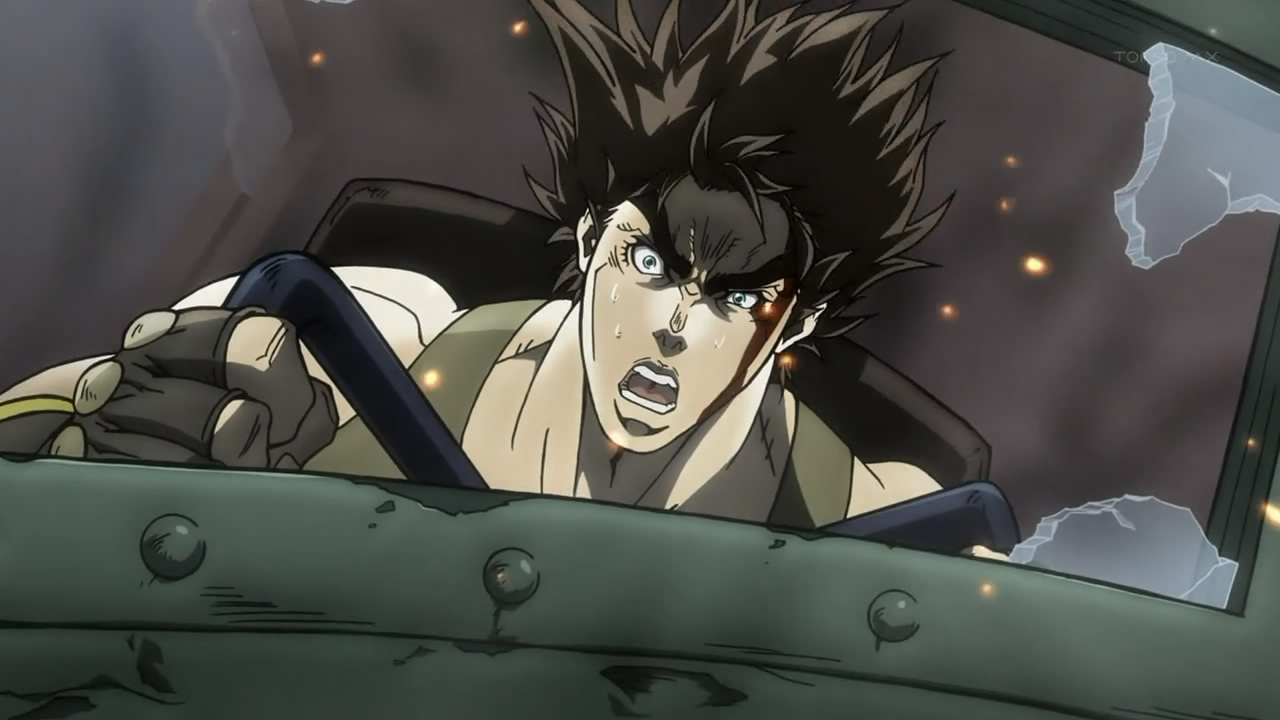
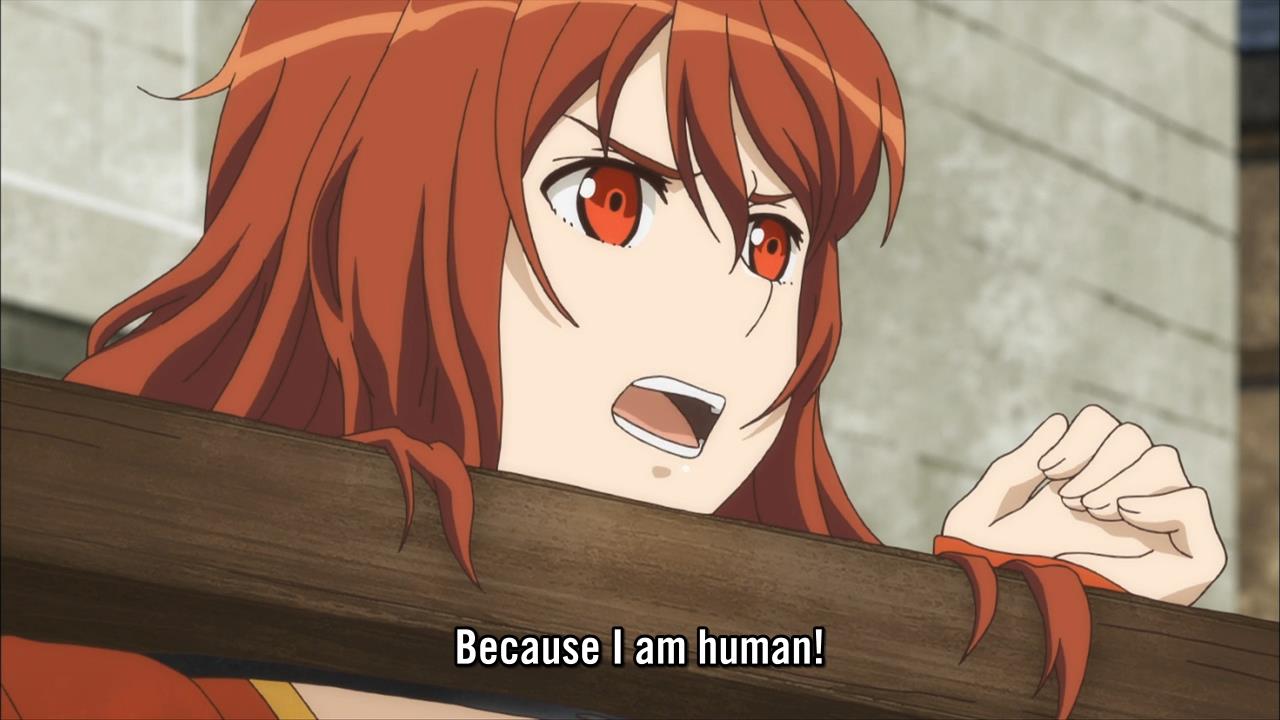
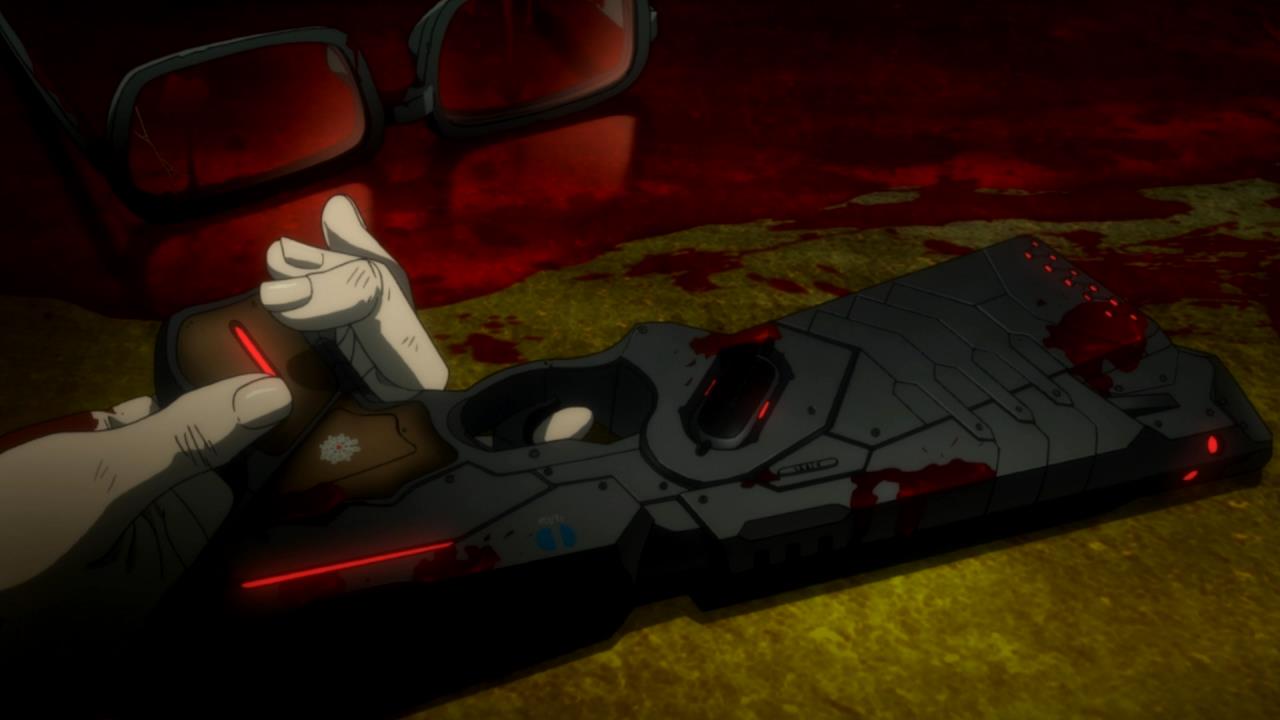
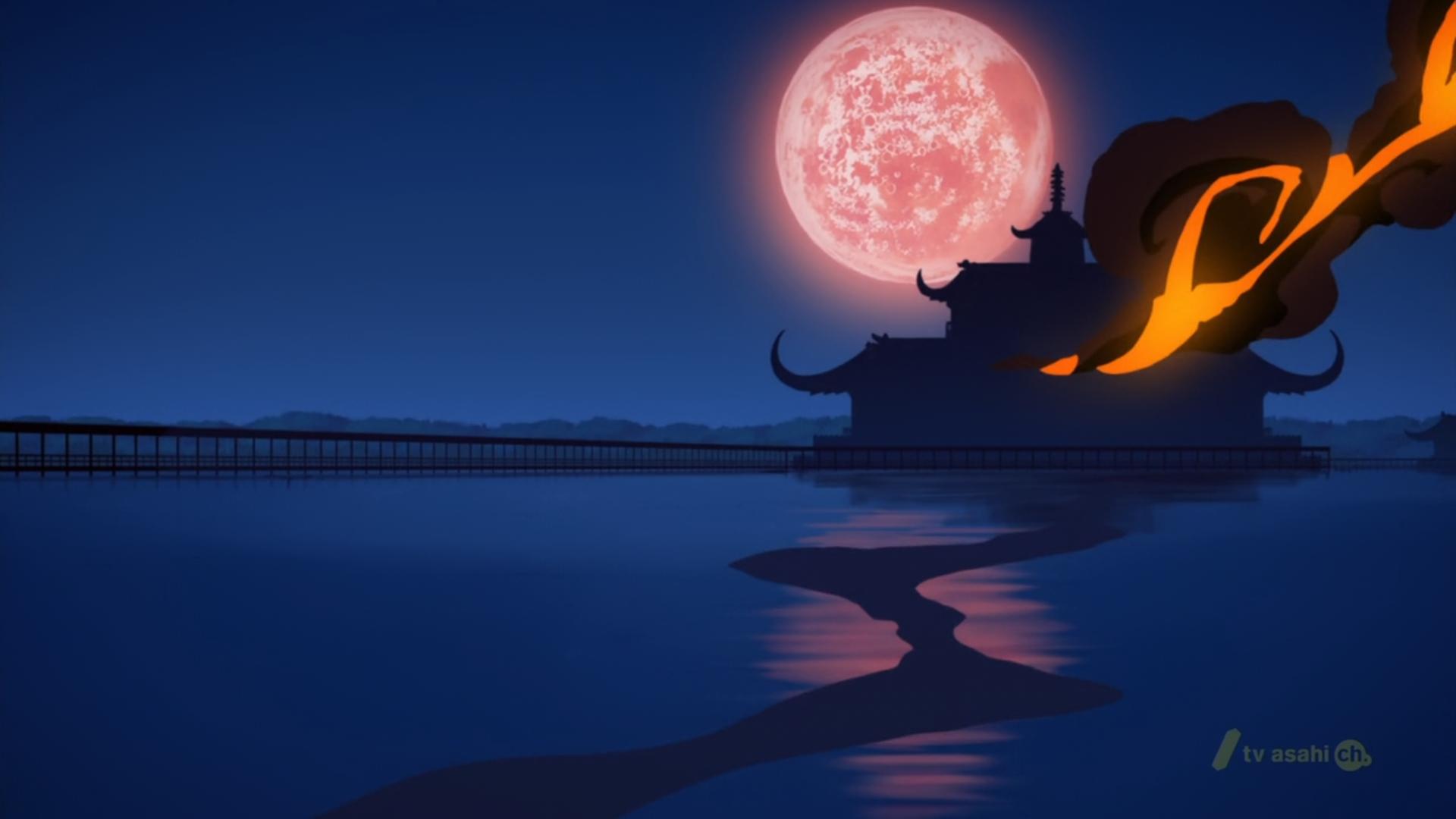
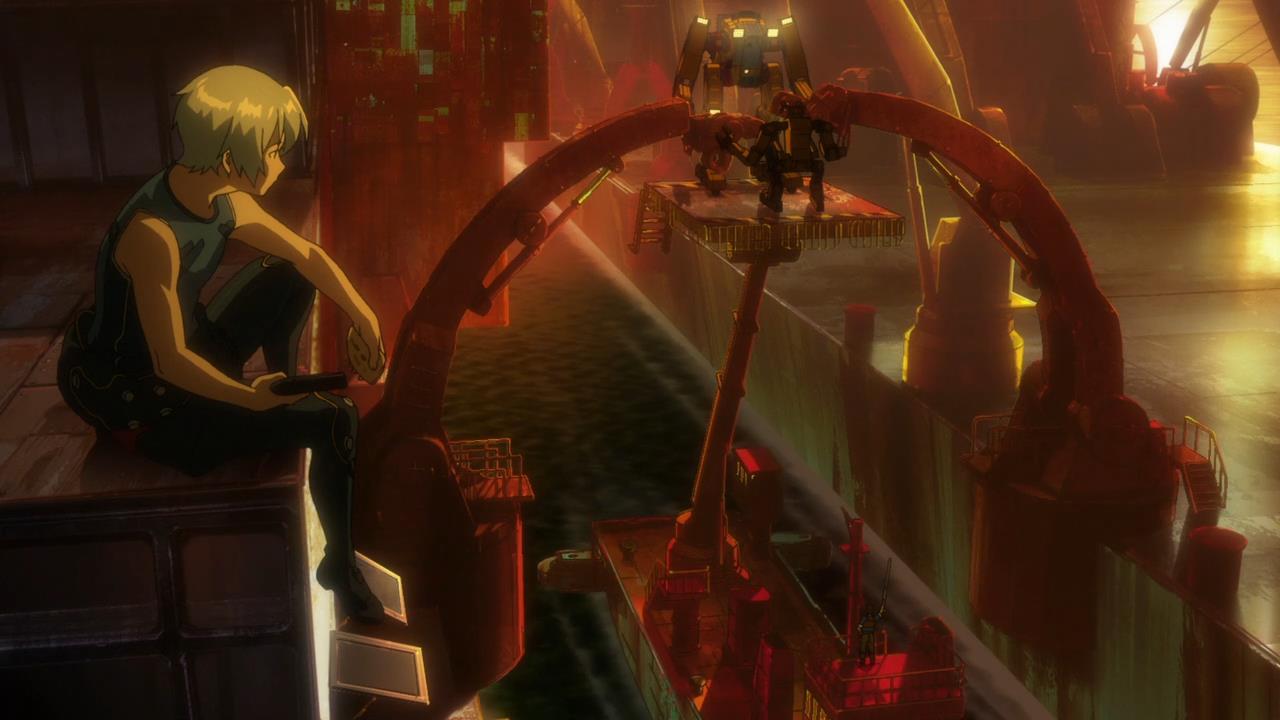
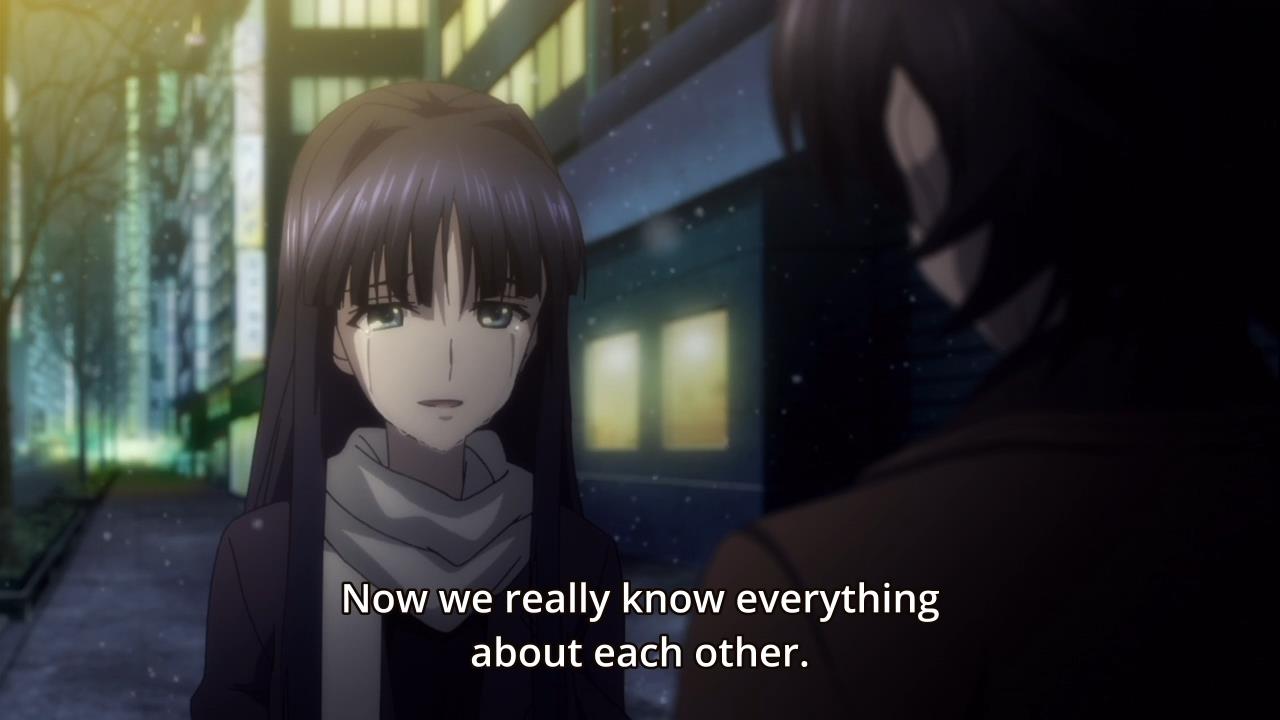
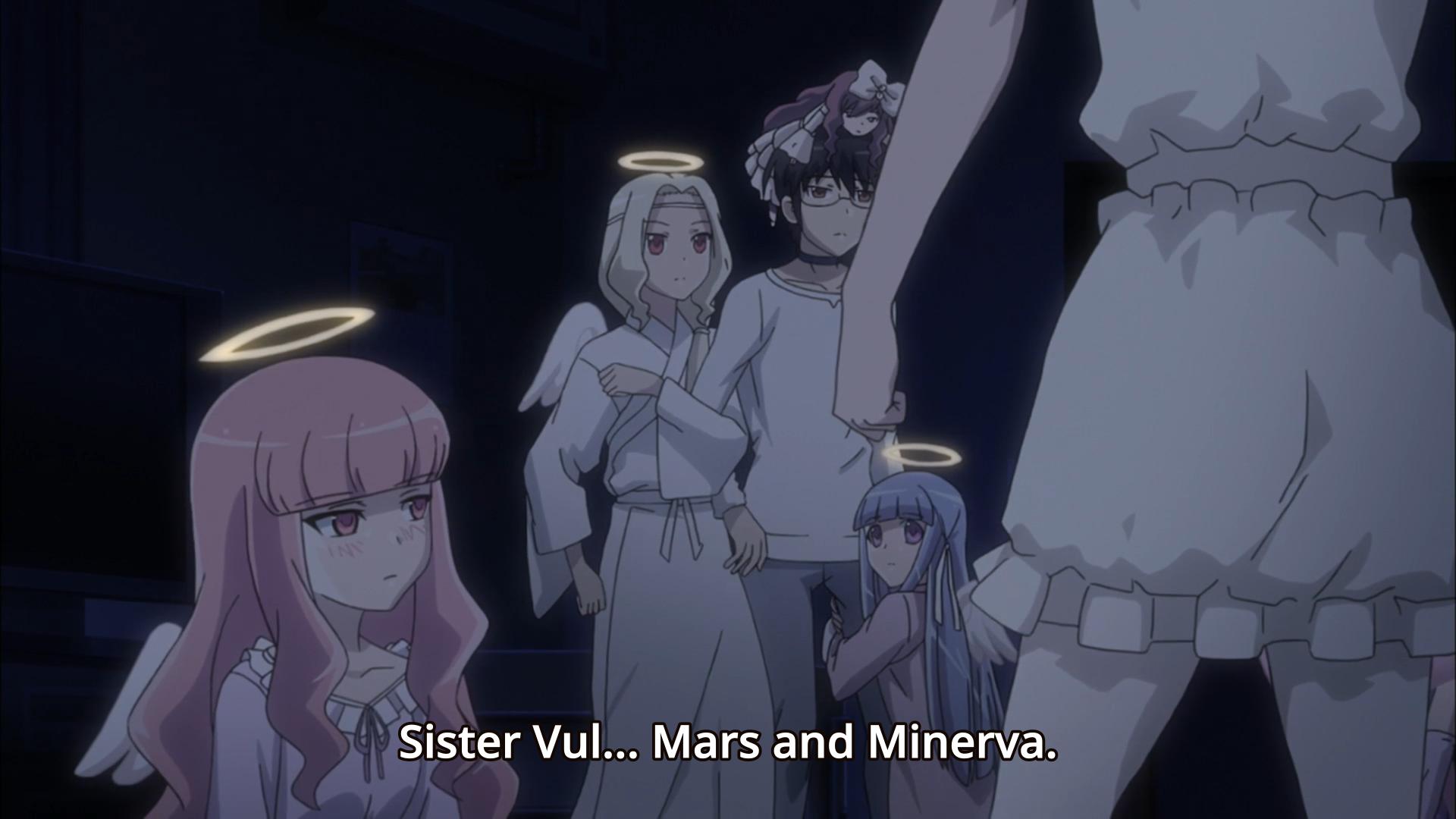
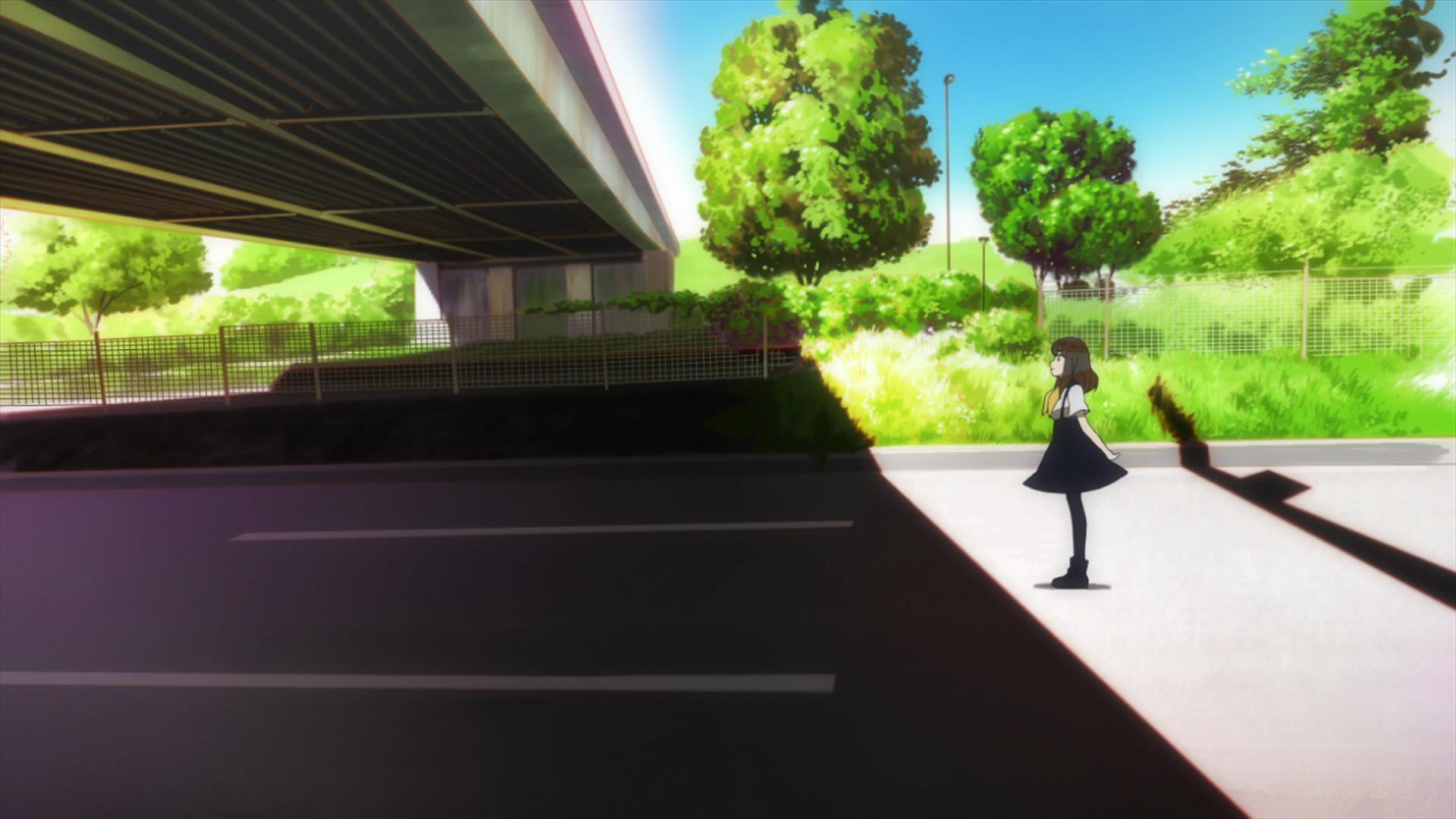
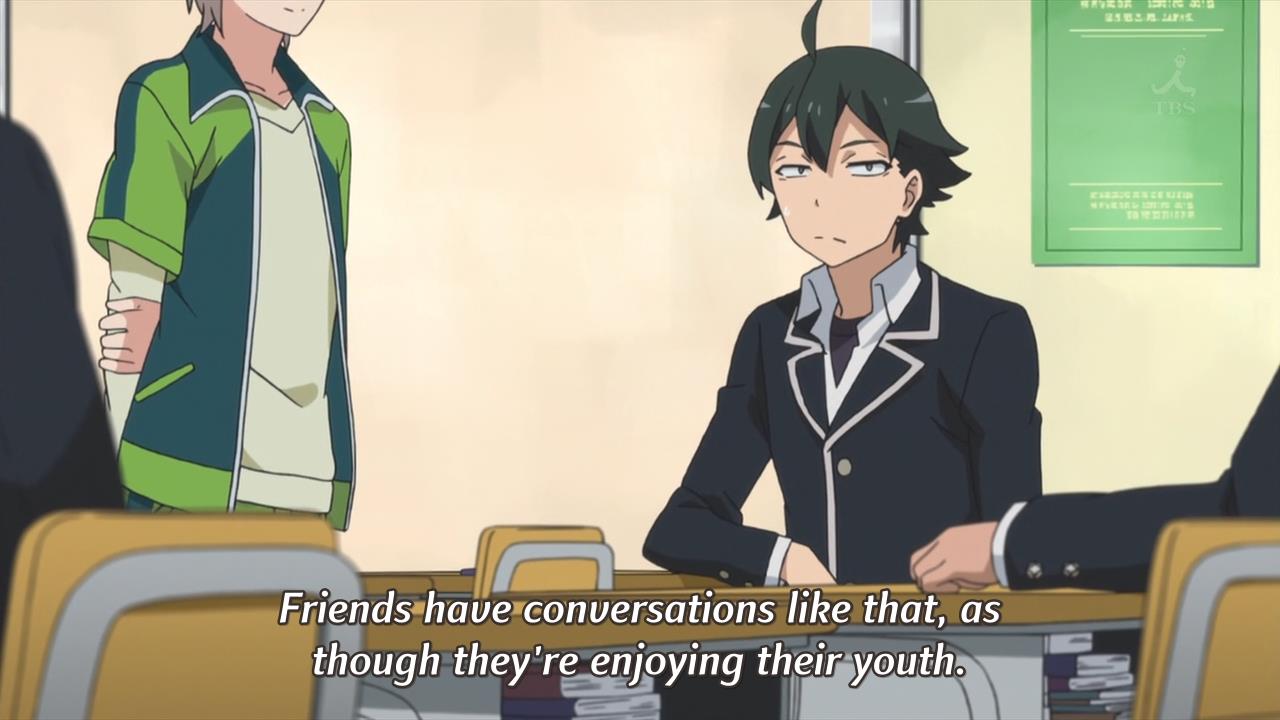
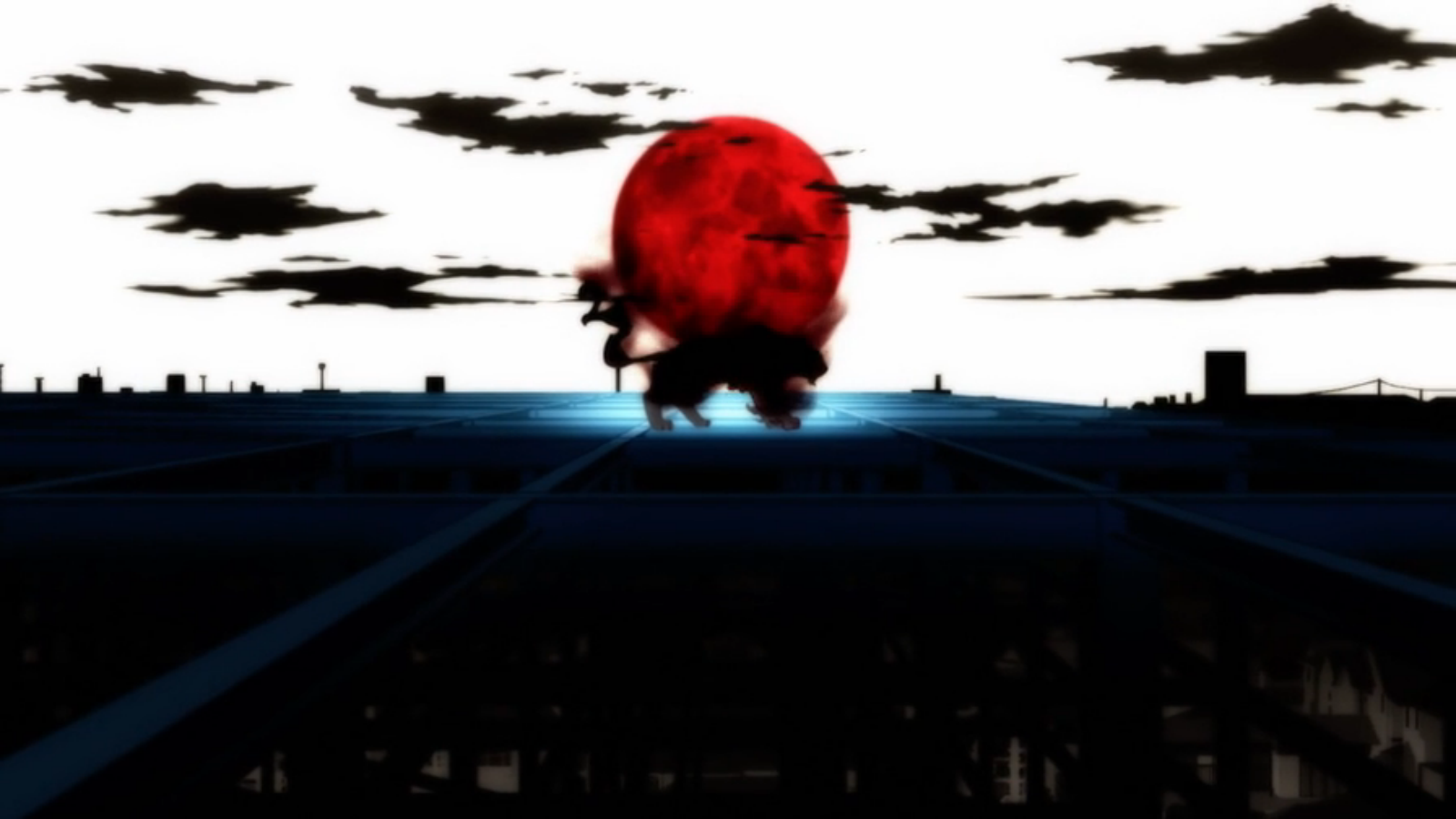
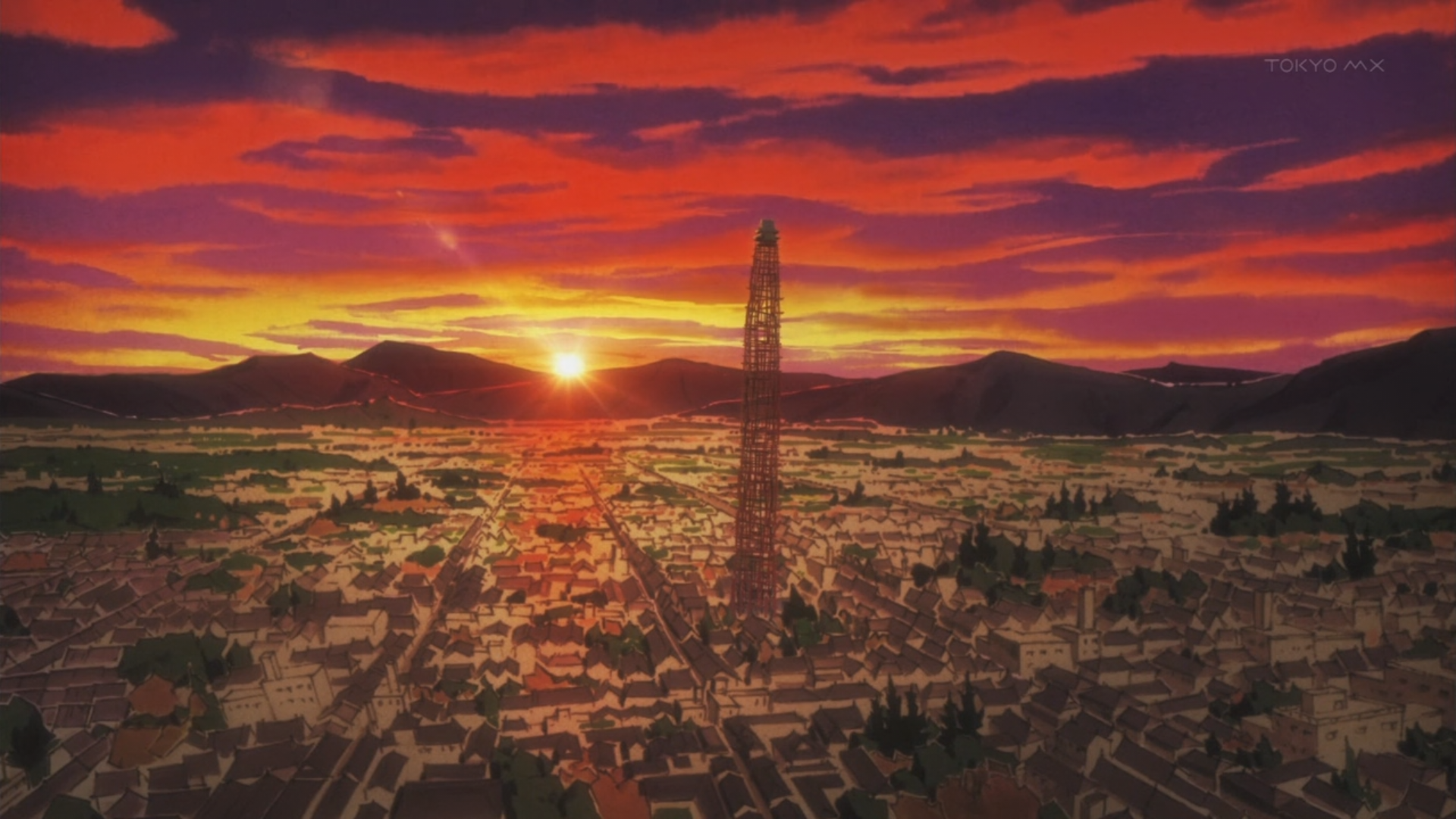
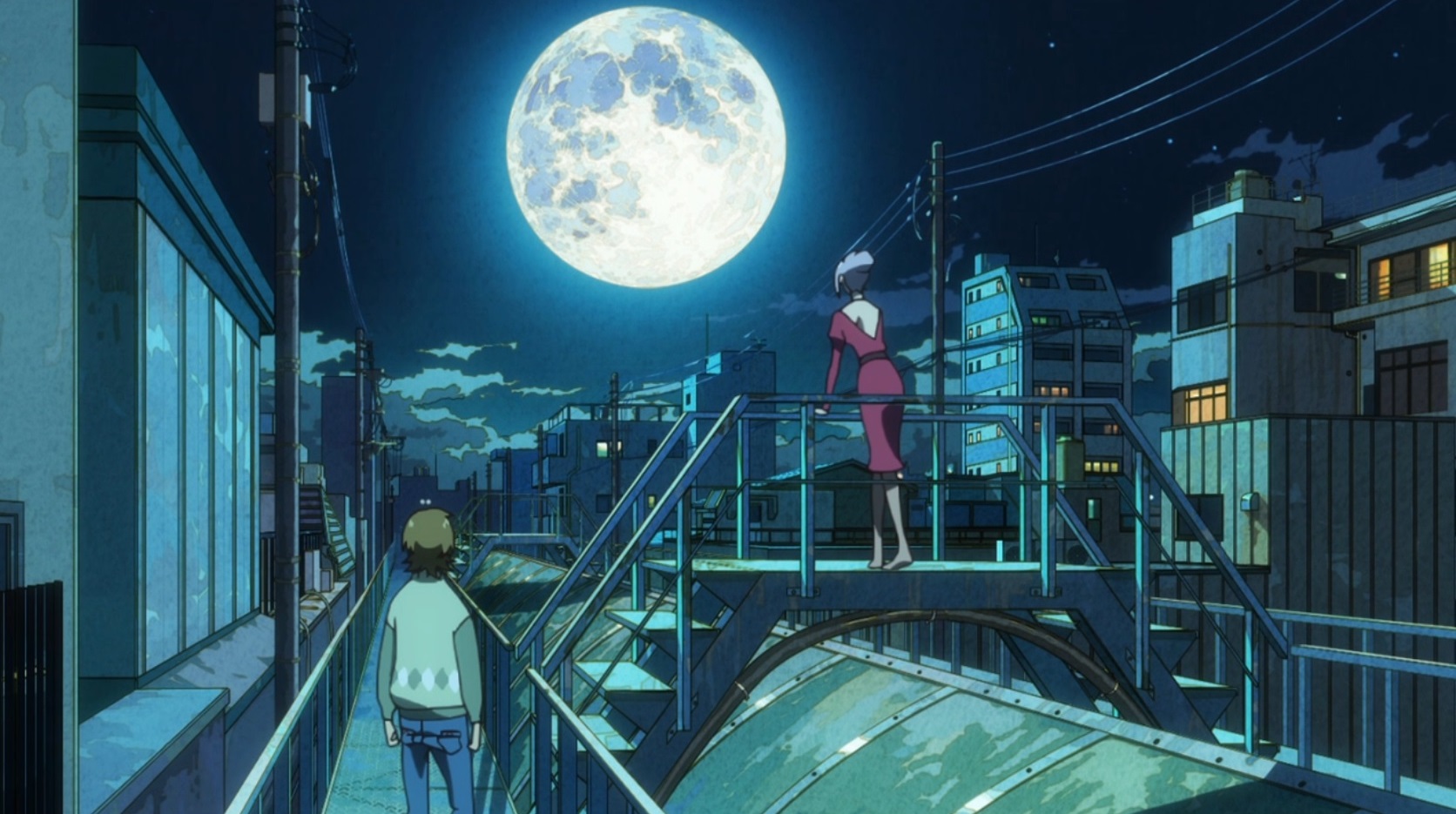
You have the knack for making sense even when the shows you like aren’t the same as the shows I like. You wrote, “For me, I prefer the writing and humble polish of my top pick.” I think that’s the key here. Your writing is implicitly aware of the importance of personal preference in the appreciation of art.
As you note, his writing is explicitly aware of it.
Thank you! I feel that’s really important – I think meaningful conversations about art always require respecting the various preferences we bring to our experience.
It’s something I’ve struggled with for a long time. I’m beginning to think that the use of words like “subjective” and “opinions” is part of the problem. I don’t think those words are clear enough in their meaning.
I knew you’d pick Uchouten Kazoku! Sadly I don’t share most people’s opinion when it comes to it. I mean, I see why people like it and it’s not like it’s a bad anime. The separate elements (family bonds, characters, dialogue) all worked great on its own. But what was UK as a whole trying to say? What was the story trying to share with its viewer(/reader)? If you split up the anime in thirds you’d come up with three different anime. There’s no consistency, no overlying theme. I hear it’s a trilogy. Hopefully it will get animated and what the creators want to convey with these characters becomes more clear.
Your list is very solid and we both know you have good taste. I haven’t made my own list yet but I completely agree with Kyousougiga, Monogatari, Gatchaman Crowds, White Album 2 and Shinsekai Yori. Guaranteed to be in my top 10 though not sure in which order.
Now it feels a bit too one-sided so let’s tackle the others in the list. Yahari has witty writing but the characters still feel a bit too reliant on tropes. I never tried out TWGOK so not sure about its place. I know it’s above-average at least. About Psycho Pass/Gargantia, I actually really like these two shows and would recommend them but my problem with Urobuchi’s shows are that the characters feel hollow and used as plot devices or to convey a message by using them as his mouthpiece. I think only Madoka manages to largely avoid that. Heavily anticipating their second seasons. Jojo’s good action but in the end it’s a popcorn anime. I only watch it to have a fun time, and it’s very fun. But to have me actually love an anime needs a bit more than that. MaoYuu is great, excellent. I love it. MaoYuu that is, not the anime. The anime was a poor adaptation (though it did have its moments). I’m glad you managed to like it regardless. And really, any anime with Ami Koshimizu & FukuJun as leads (as a COUPLE) deserves at least a 5/10 based just on that.
All in all though they’re all at least worth a 6/10. None of these shows are bad.
As for a pick of my own Railgun S Sisters Arc (until ep 16, excluding ep 7 because the rest is JC Staff filler. If you pretend it doesn’t exist it will go away.) Essentially about a character discovering clones of her being mass manufactured, and that these particular clones don’t exactly get treated well. Watching the prior season isn’t really necessary.
I’d say, “enjoy life, cherish the people you love, and embrace who you really are, regardless of who you think you’re supposed to be.”
I tend to agree. Gargantia didn’t have particularly great characters, though I think Psycho-Pass’s, and Akane in particular, were quite strong. But yeah, this is a complaint you could level at all of his shows – they’re stronger thematically than they are on a character level.
I’ll probably check out Index at some point, though it doesn’t seem like it’d be quite my kind of thing. But as Jojo shows, I can enjoy popcorn from time to time!
As someone who has seen both Railgun and Index I have to tell you that they are two entirely different shows, and Index is a bad show. The quality of arcs varies wildly to say the least. Index’s shining moment is the Sisters arc, which is told again in Railgun S with more detail. Also Index is an awful character who accomplishes nothing in the show that is titled after her, sometimes she just doesn’t exist for entire arcs.
In conclusion, you’ll enjoy Railgun a lot more.
Kyosougiga was awful in the non ova parts and were just a shadow of the first part, therefore I don’t think it deserves such a high, overall the list is solid, though I disagree with all of the positions you gave and the lack of Zetsuen no Tempest kinda surprises me considering about 95% of your list is inferior, in my opinion, to it while still have shows like Gargantia or Psycho-Pass in, but again that’s just my opinion.
Still haven’t seen Zetsuen no Tempest! I’ve heard lots of good things though – it and Aku no Hana are maybe the only shows I haven’t seen that seemed like they might be contenders.
Certainly Aku no Hana deserves a mention, but most of the better stuff happens, or would happen, in the next season, considering how it sold I don’t think it will get it. You should check the manga.
And about Zetsuen no Tempest, personally it’s in my top three of the year and you shouldn’t judge it off the top before watching it.
I keep hearing the manga of Aku no Hana only gets better. Definitely gonna check that out.
Zetsuen no Tempest is actually very clever and intelligent, and while it isn’t monogatari level, it’s utterly satisfying to watch.
Actually, I’ll draw a fair bit of comaprisons to monogatari. It very verbal (surprisingly), with entire episodes in a row of just talking, but I never particularly get bored. It’s intelligent and clever and tries to do something interesting with characters that (almost?) subvert or deconstruct heroism, romance, and human connections.
On the other hand, i say it’s clever and intelligent, but it’s not the smartest thing out there. If you’re looking for plotholes and you really, really look deeply, there’re probably there somewhere. It’s much more conventional than monogatari, nothing that weird, just great dialogues.
It’s utterly entertaining and you can appreciate its wittiness, though.
I’m generally not a person who cares at all about plot holes – personally, I find overt narratives to generally just be a vehicle for engagement with a show’s characters and ideas, so if I’ve bought what the show cares about, that stuff doesn’t matter to me at all. I’ll definitely check out Tempest.
Zetsuen no Tempest was a difficult one for me because it wasn’t an unintelligent show, but there were so many scenes that just didn’t work for me. The most obvious example I can think of is one in which a character is walking completely alone along the road and for no reason at all stops walking and starts spouting exposition into the wind. It was just clumsy and it honestly wasn’t that hard to tell what was going on at that point anyway, so unnecessary too. The Shakespeare references were sort of interesting but they some of the quotes were used over and over again not for the quotes themselves but just for the plays from which they came, so I don’t see why they needed to be mentioned more than once. There’s also one character who I honestly think you could remove from the series without changing it. I’m talking without changing it at all.
I don’t know. I don’t want to just bash the series, because I didn’t hate it, but there was just so much that baffled me as to how the creators could have thought it was a good idea.
I actually like passionate but broken shows, and I’m probably gonna be a sucker for any show that goes deep on quoting Shakespeare. I get the feeling I might end up liking this show maybe more than it deserves.
Interesting picks, though to be honest I’m far more compelled by what makes you tick than many of the anime you chose (which might be really conceited of me to say, but I can’t help it). I admire your style, since it both makes my inner teenager want to debate you on your rankings, but leaves the adult in me happy that we’re just enjoying anime on a more-than-superficial level. Kudos, and thanks for the fun!
I actually feel the same way about a lot of criticism I read – it’s really interesting to see the various priorities and philosophies people consciously and subconsciously bring to their media. Analyze away!
I had watched Shin Sekai Yori randomly a couple months ago not knowing it was this recent. I thought it was a few years old! That anime made a very big impression on me. I very rarely feel so affected by an anime’s ending but Shin Sekai led up to a very powerful finale. I’m currently watching Psycho-Pass so I look forward to seeing it progress!
Yep, Shinsekai Yori just finished this winter! It definitely does feel like an anime out of time, though – but I guess that’s how stuff like that works, we just occasionally get these great works completely out of step with the daily trends.
interresting choices. I may not agree with all of them, but they are consistent with everything you wrote so far, and well explained so I won’t complain.
Have you tried Non Non Biyori ?
It seems to me like the kind of shows you could enjoy.
It may not be the most ambitious show of this year, but what it does, it does it perfectly.
It’s actually interesting to me that you recommend Non Non Biyori – I got a few other recommendations of it from this list as well, but I personally thought it didn’t look like my kind of thing at all. What makes you say it seems like my sort of show?
Legitimately curious, it just seemed like a surprising choice to me.
It was more for the character based aspect of the show.
I don’t expect it to be one of your top anime, but it have great timing between comedy and emotion, and it develops its character pretty well.
It is as pretty as you could expect from this kind of show.
I admit it doesn’t have anything revolutionary, since it isn’t the point of the show. The point is to makes the best out of a traditional Slice of Life series.
It’s what every Slice of Life shows should try to be.
It’s the kind of shows that doesn’t looks like much, but really grows into you over time.
I guess I’ll give it a shot. I haven’t really had any luck with the iyashikei stuff in the past, but a lot of people seem to like this one in particular.
Didn’t know whether to ask this here or on reddit , so here goes :P.
Do you think any other anime in any genre besides the action genre has the same chance to reach the same mainstream appeal that say Sword Art or Titan does?
This is probably not an anime exclusive thing , but it always seems like the anime that relies on action will reach a more mainstream appeal than say a comedy , slice of life , or romance. Which is a shame cause this year saw such amazing shows like Oregairu , Kyosougiga , and White Album 2.
No, I don’t. Not because the overall mainstream only rewards action – but because the portion of the mainstream which is amenable to anime in the first place, but not actively invested in it, is generally only going to reward action shows. Which may be a self-fulfilling prophecy – stuff like Adult Swim basically cultivates a very, very specific audience of casual anime fans, and getting greater exposure for stuff like Kyousogiga (or even less energetic stuff, like Uchouten Kazoku or Hyouka) would probably require finding people with different media priorities. There’s always a standard stigma against cartoons, and anime generally requires understanding its own set of artistic/aesthetic assumptions, so the action shows work because they’re the kind of thing people who’re already somewhat willing to give anime the benefit of the doubt would like – gamers, people who liked Cowboy Bebop but haven’t seen anything since, people who remember watching shounens as a teen/kid. I think getting something like Uchouten Kazoku to a wider audience would require creating an audience – breaking down a different door entirely than the one the big action shows have managed to sneak through.
Which isn’t impossible – Ghibli films do this, though they’re a very specific outlier. And it seems like anime films are starting to mobilize anime’s small but dedicated core audience by showing stuff like Madoka at independent theaters. That might be the best avenue of attack – mainstream audiences stick to what’s familiar, but the best of anime could easily be marketed to a more arthouse crowd, that would actually reward stuff like Kyousogiga or Uchouten Kazoku. That wouldn’t equal mainstream success, but it could foster legitimacy in critical communities, which in general are louder about their opinions and tend to spread them where they can.
Wow! I knew I loved Uchouten Kazoku, but even in this year full of really special anime, you shoved it right at the very top. I respect that show is every bit the masterpiece you described, and I do want to see a show like this getting valuable time in the spotlight. It’s too well written, beautiful and easy to relate to, despite how intensely Japanese it is. Any time someone wants to b*tch about Ninja Scroll’s violence, the oversaturation of moe and its elements, we should be able to take out Uchouten Kazoku and shut them up.
Also, I’m glad to see someone else appreciate Maoyuu Maou Yuusha as a series as much as I did. The show confused and frustrated me so much as I watched it, but in the end I really did appreciate what it did. I need another season of that pronto.
And Gargantia, I liked a lot too. But I was also a tad disappointed in how it chose to finish. I won’t go so far as to call it a masterpiece, but I f*cking loved looking at the show, and living in it through the characters. This is another show that I would like to see get some serious attention outside of Japan. It’s by no means a contender for a global hit, but a run on Toonami would be fitting.
And well, I’ve probably made my stance on Monogatari S2 very well known. He and Benten are in my running for best character I watched this year.
Great list man.
Glad you enjoyed the list! Agreed completely about Uchouten Kazoku being a completely universal yet distinctly Japanese story. That’s one of those shows I wish would get some exposure within the international critical community – it’s weird seeing Space Dandy get all this international intention (which may be warranted, haven’t seen it yet), when we’re already getting shows should warrant glowing writeups around the world.
A second season of Maoyuu would be really nice. Its sale numbers weren’t the best, but new seasons often depend more on how well the anime promotes the source material than how well it does on its own, so it could happen.
except for 6, I didn’t like any of these anime. In particular “Psycho-Pass”, this is one show I couldn’t stand it for more than 3 episodes because of its cliches and extremely cheesy and predictable story-line. The show felt like a badly written pre-quel to Cowboy Bebop’s life of Spike Spiegel.
Sorry to hear that! Personally I felt all these shows had a lot to offer, but we all seek different things in art.
I don’t really see Psycho-Pass as particularly similar to Cowboy Bebop, though – aside from them both being in the same loose sci-fi genre (which is actually not a useful way to classify them, since Cowboy Bebop’s a space western and Psycho-Pass a crime procedural), they seemed to have very different styles and priorities to me.
I really think Attack On Titan should have been like number 6 or 5. But great list
Eh, I wasn’t a huge fan of Titan. Glad you enjoyed the list, though!
Pingback: Spring 2014 Season Preview | Wrong Every Time
Pingback: Top 30 Anime of All Time | Wrong Every Time
Pingback: Top 30 Anime Series of All Time | Wrong Every Time
My only significant disagreement is Maoyuu. The adaptation just seems subpar after reading the novel, though I think the fanservice didn’t detract from it at all.
Looks like most of these shows made your top 30 or the addendum.
2013 must have been a very good year for you.
Have you ever watched Mirai Nikki? I feel like it deserved a spot in this list, maybe not top 10, but somewhere around top 30.